- Mirror Manufacturer USA-Custom Bathroom & LED Mirror Factory
- Mirrors French
- Mirror Austrian
- Canadian mirrors
- Mirrors British
- Mirror Dutch
- Mirror Hungarian
- Mirror Belgian
- Mirror Slovak
- Mirror Luxembourg
- Mirror Romanian
- Mirror Swiss
- Mirror Bulgarian
- Mirror Croatian
- Mirror Irish
- Mirror Serbian
- Mirror Swedish
- Mirrors Norwegian
- Mirrors Finnish
- Mirrors Danish
- Mirrors Icelandic
- Mirrors Greek
- Mirrors German
- Maltese mirrors
- Mirrors Italian
- Mirrors Cypriot
- Mirrors Spanish
- Mirrors Polish
- Mirrors Portuguese
- Mirrors Czech
Antique Gold Wall Mirror Guide and Tips
Types of Antique Gold Wall Mirrors:
-
Gilded Wood Mirrors – Often feature intricate carvings with gold leaf or gold paint on wood frames (common in Baroque, Rococo, or Neoclassical styles).
-
Ornate Gold-Plated Mirrors – Made with metal frames (sometimes brass) coated in gold, popular in Victorian or Art Deco eras.
-
French Louis XV/XVI Mirrors – Feature elaborate scrollwork, floral motifs, and distressed gold finishes.
-
Empire or Regency Mirrors – Bold, symmetrical designs with classical elements like columns or laurel wreaths.
-
Art Nouveau Mirrors – Organic, flowing designs with gold accents, often from the late 19th to early 20th century.
Where to Find Antique Gold Mirrors:
-
Antique Shops & Auction Houses (e.g., Sotheby’s, Christie’s, local dealers)
-
Online Marketplaces (1stDibs, Etsy, eBay, Chairish)
-
Estate Sales & Flea Markets (great for hidden gems)
-
Reproduction Sellers (if you want an antique-style mirror without the high cost)
Things to Consider:
✔ Authenticity – Check for maker’s marks, aging (patina, wear), and construction (hand-carved vs. machine-made).
✔ Condition – Minor aging adds character, but avoid major cracks, missing gilding, or mercury mirror deterioration.
✔ Size & Proportion – Ensure it fits your wall space and complements your decor.
✔ Price – True antiques can range from hundreds to thousands, while reproductions are more affordable.
Styling Tips:
-
Hang above a mantel, console table, or in an entryway for a grand statement.
-
Pair with vintage furniture, chandeliers, or modern minimalism for contrast.
-
Use in a bedroom, bathroom, or dining room for a luxurious touch.
Customer Reviews
Generally speaking, our order requirements are as follows: the minimum order quantity (MOQ) for large items is 50 pieces, for regular items it is 100 pieces, for small items it is 500 pieces, and for very small items (such as ceramic decorations) the MOQ is 1,000 pieces. Orders exceeding $100,000 will receive a 5% discount. The delivery timeline is determined based on the specific order quantity and production schedule. Typically, we are able to complete delivery within two months.
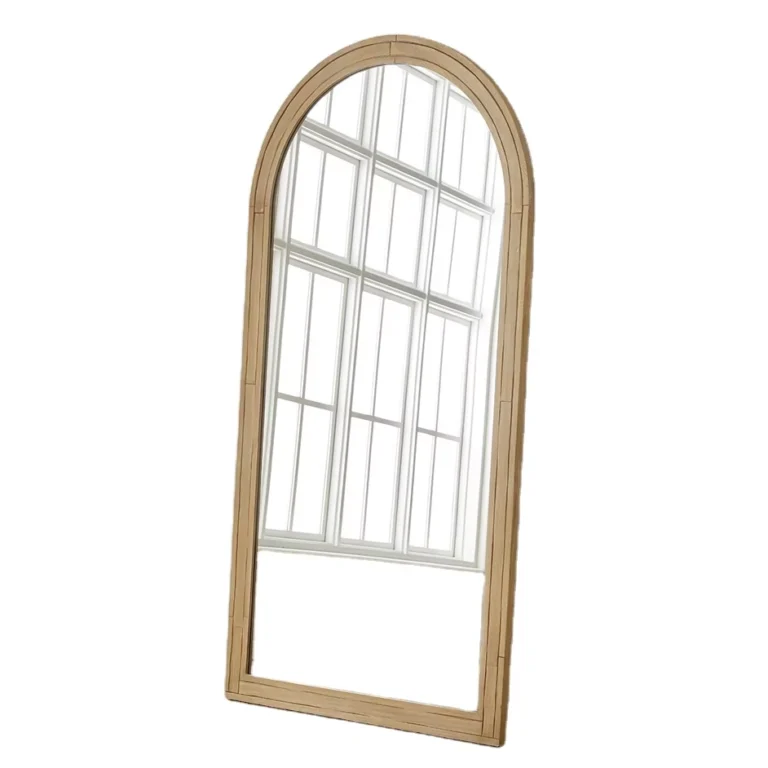
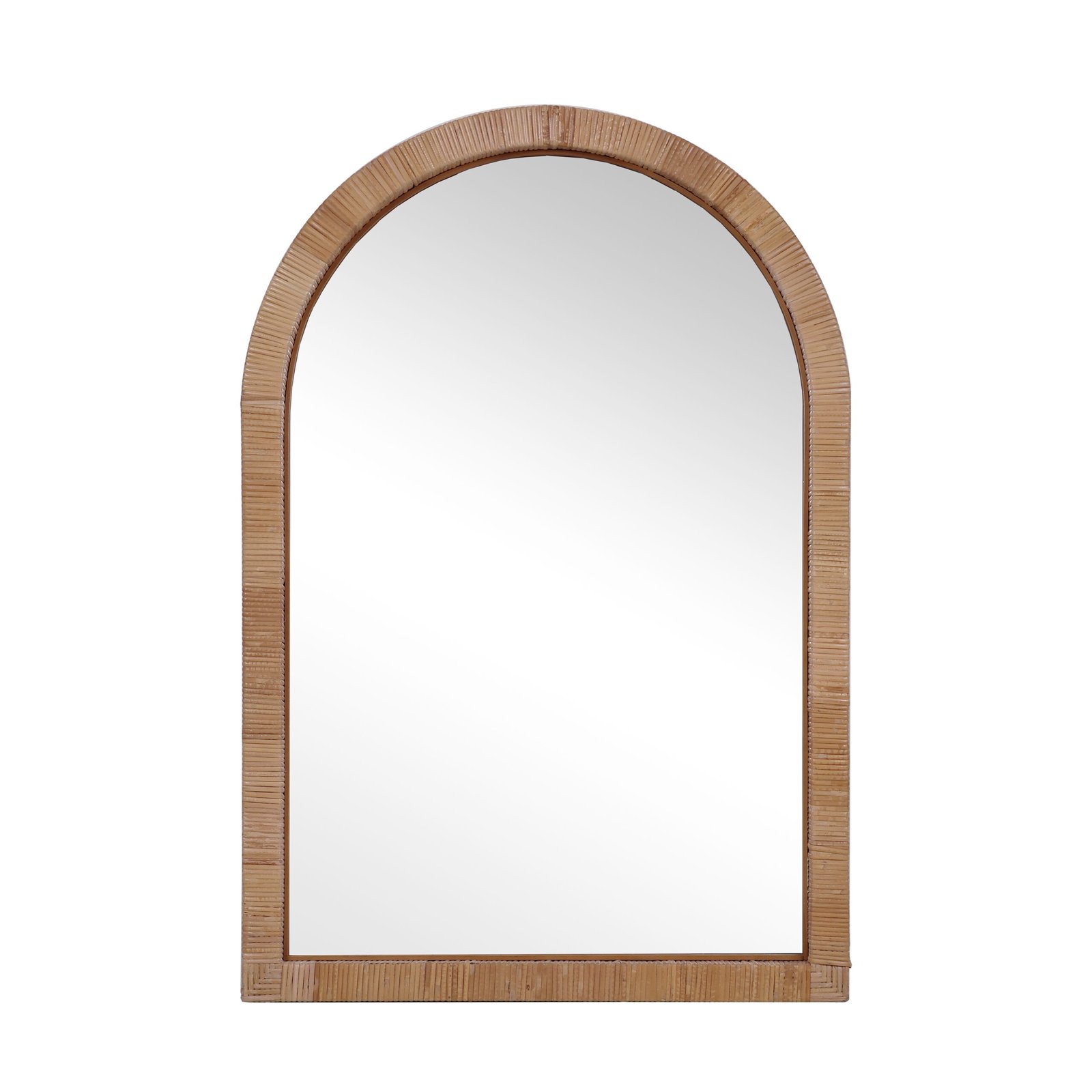
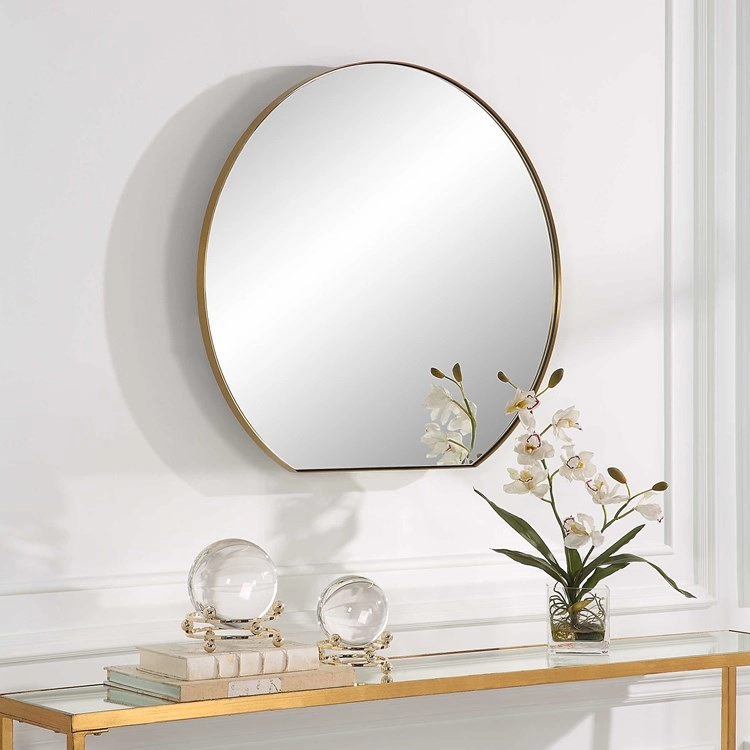

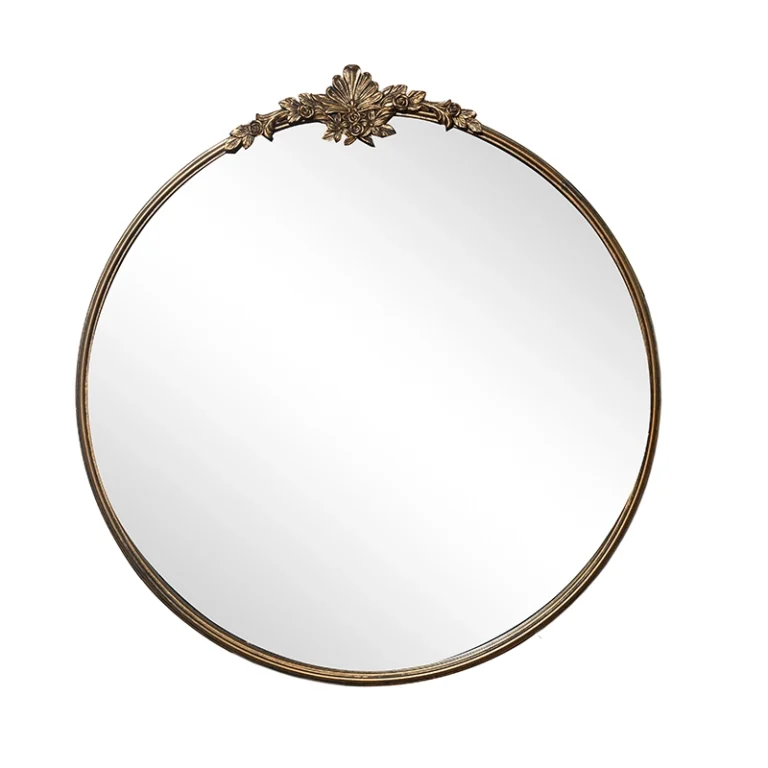
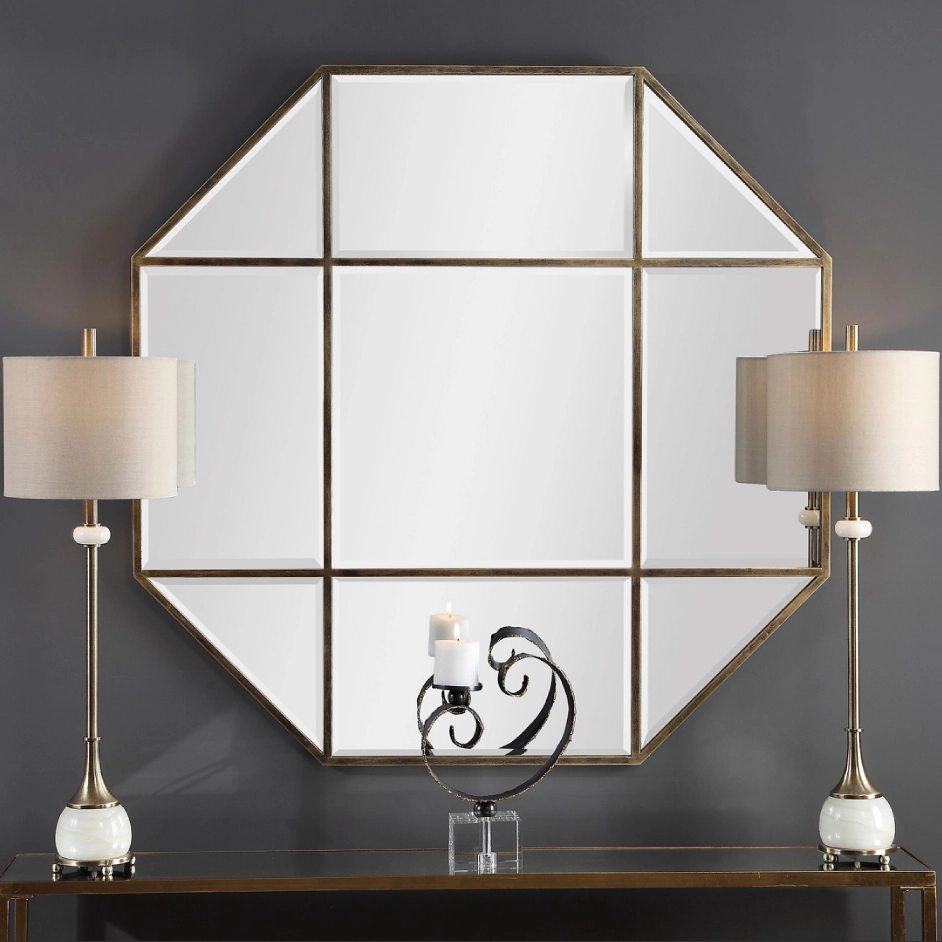
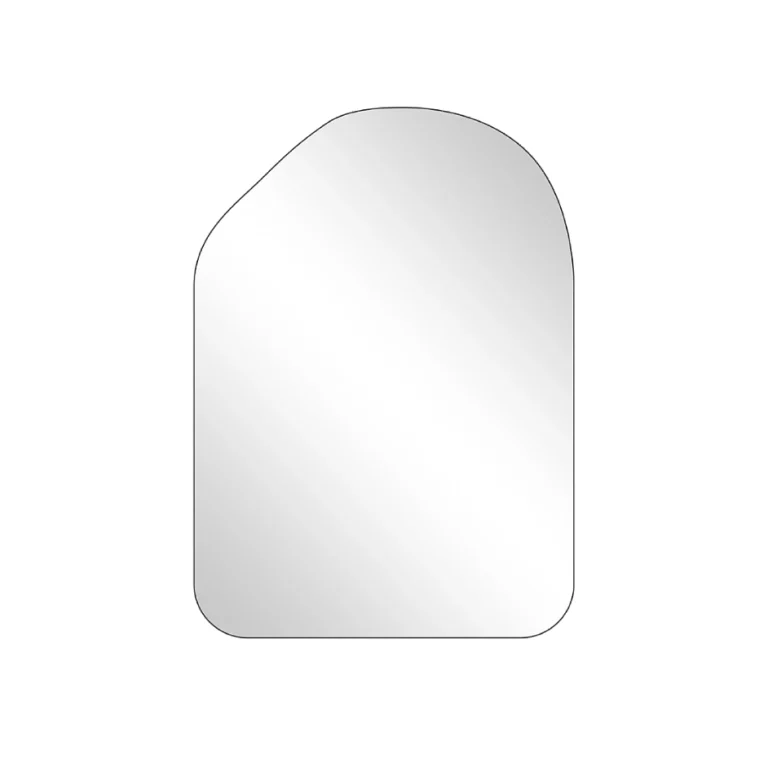
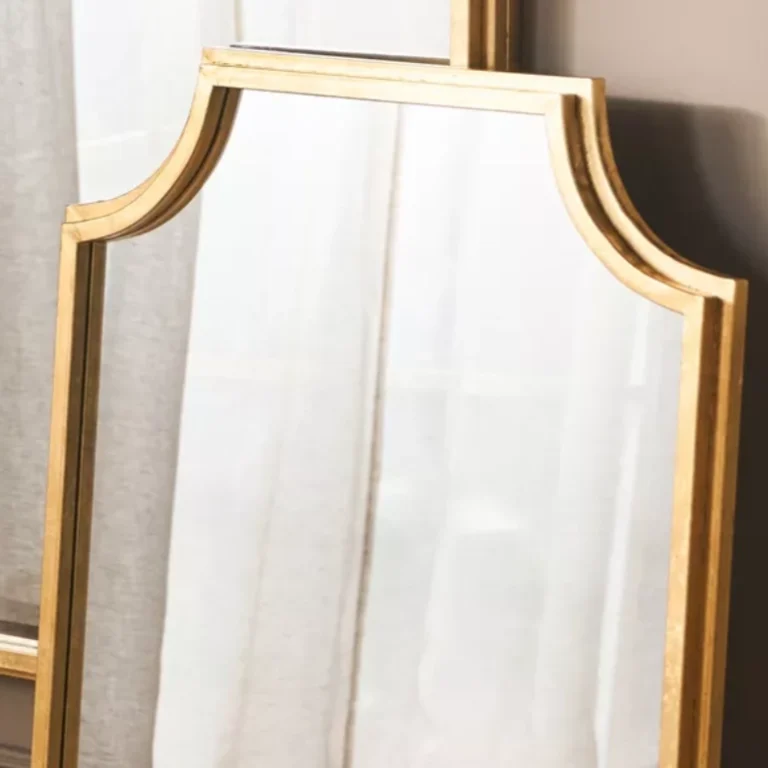
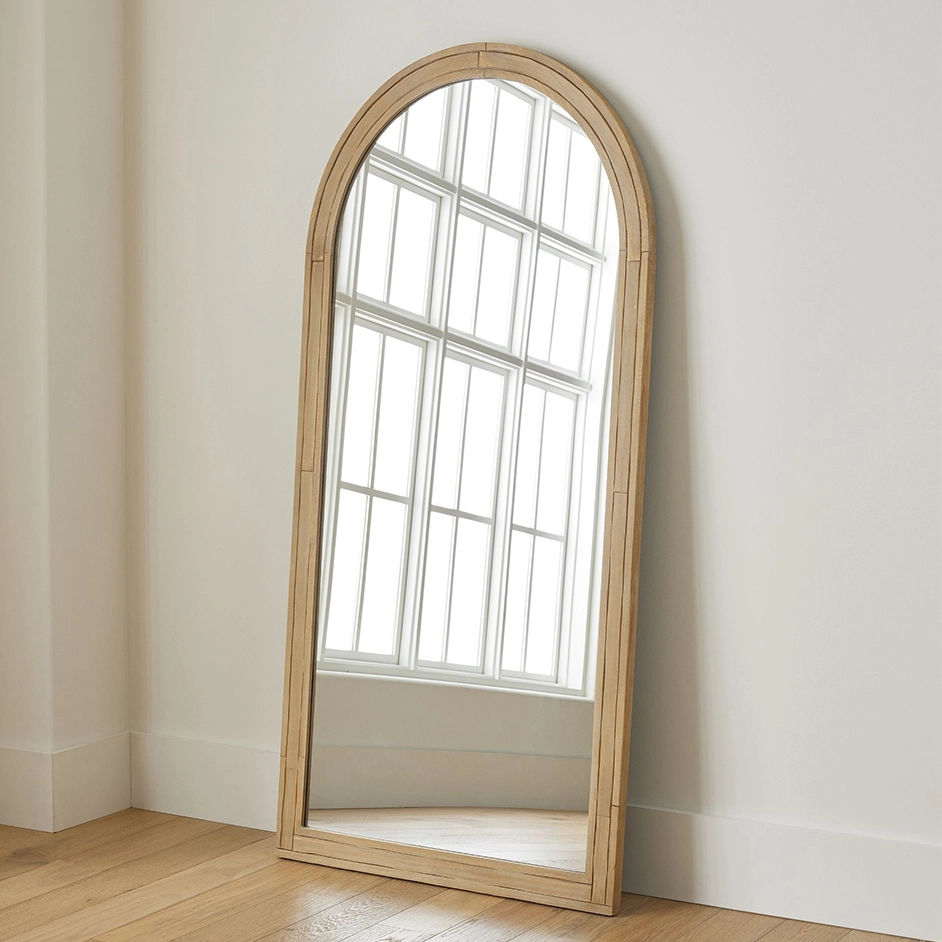







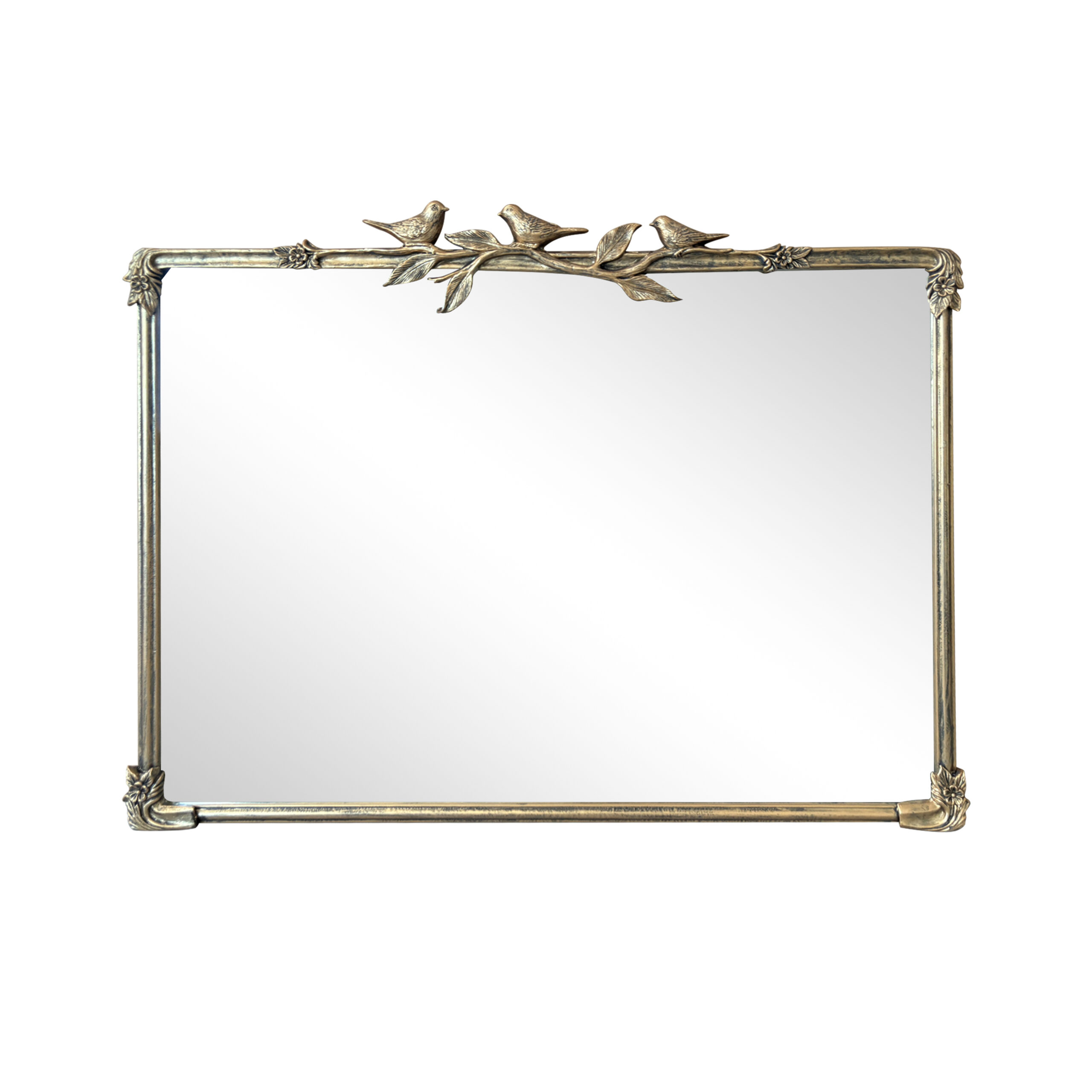
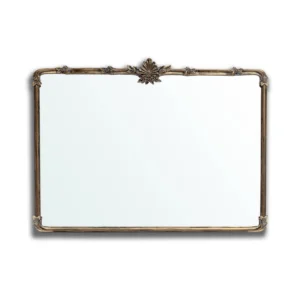
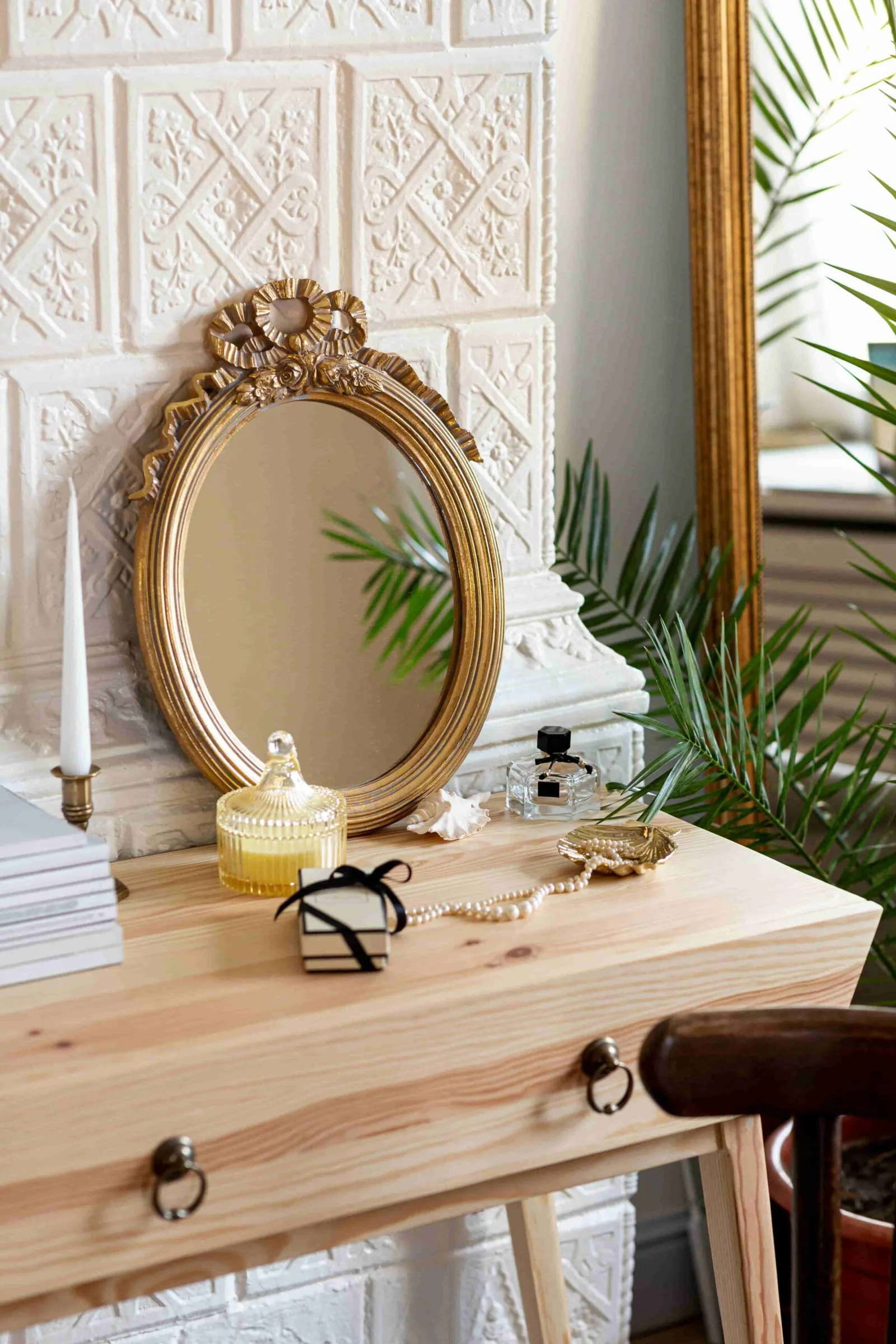
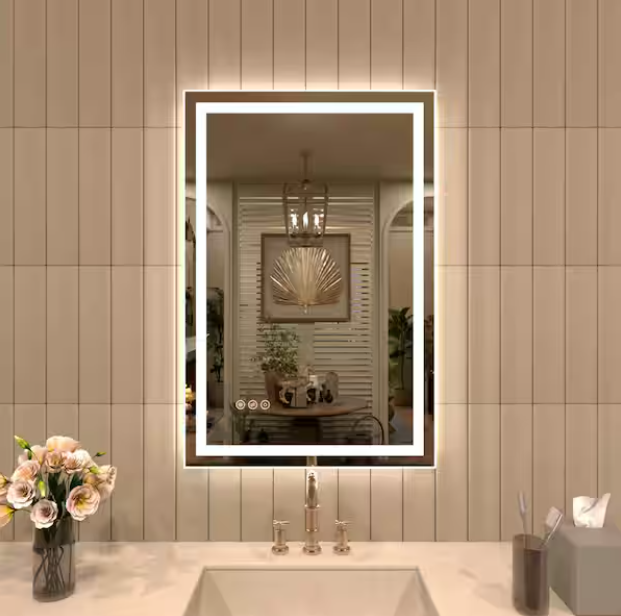
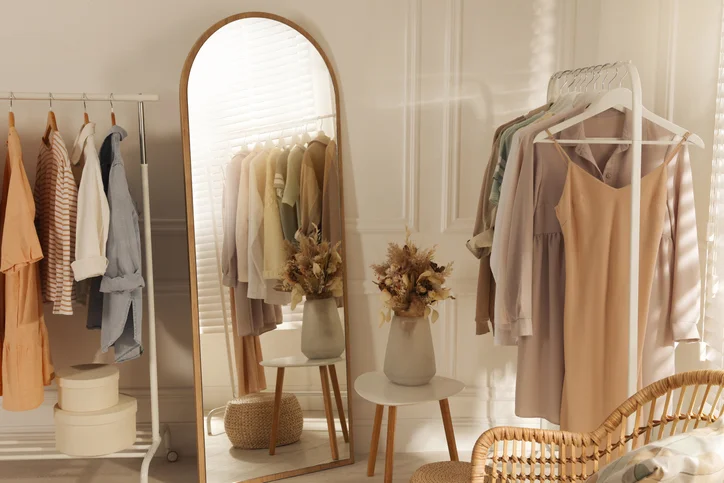
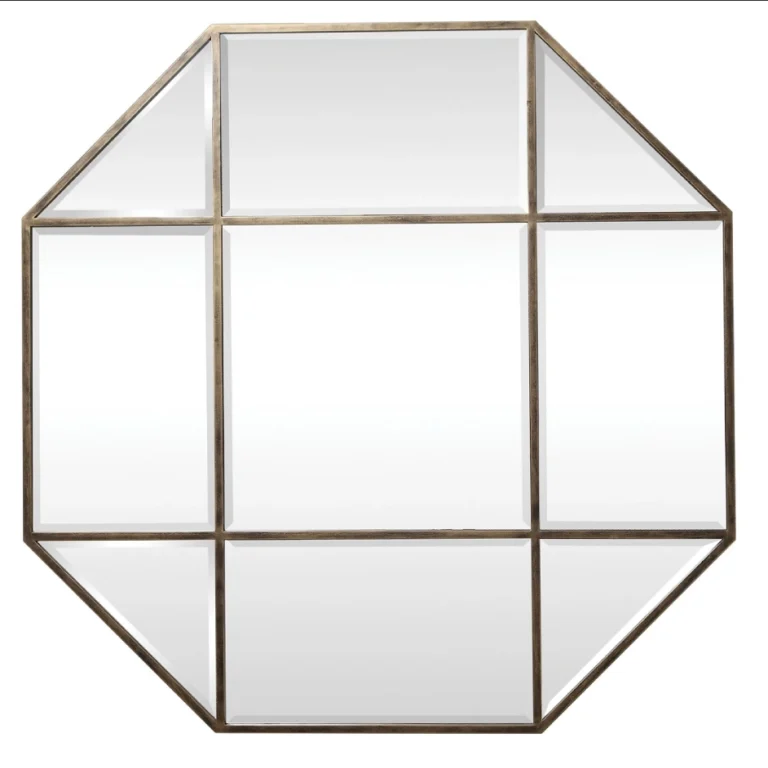


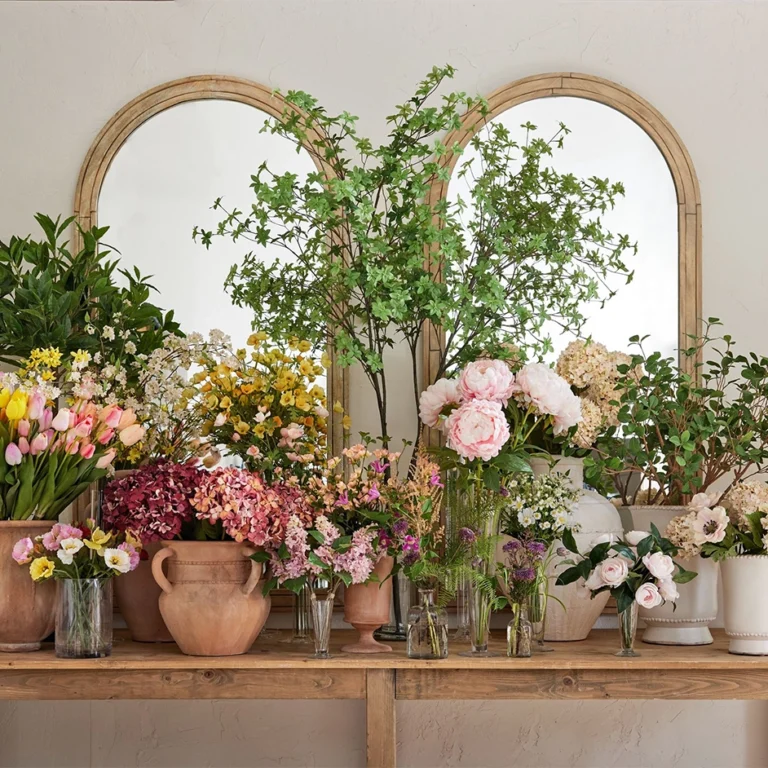



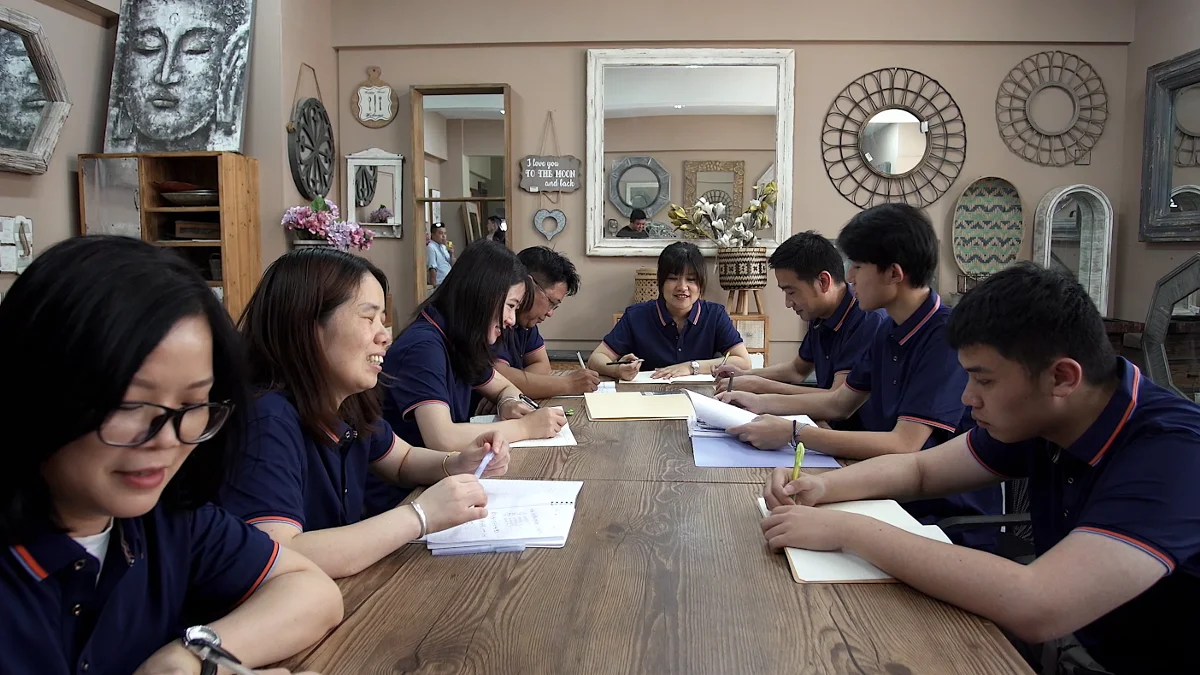
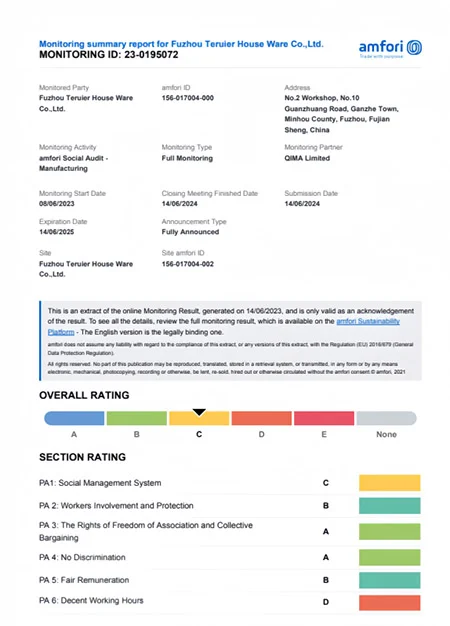


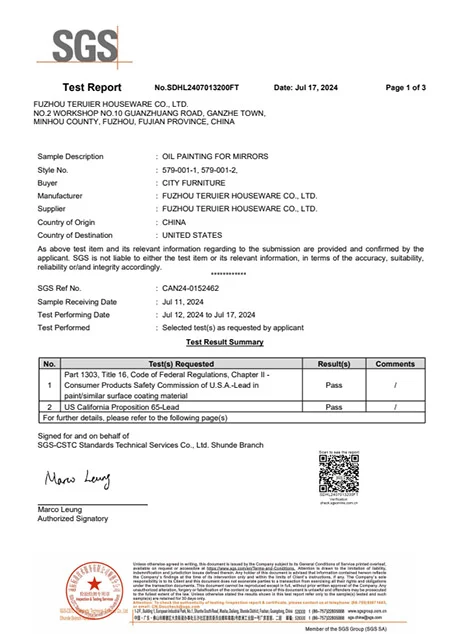
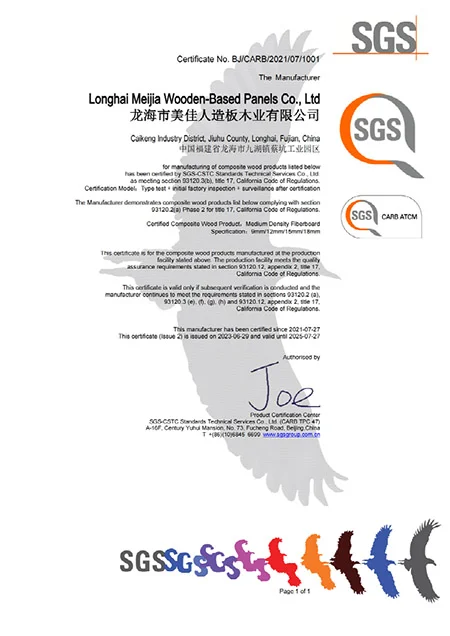
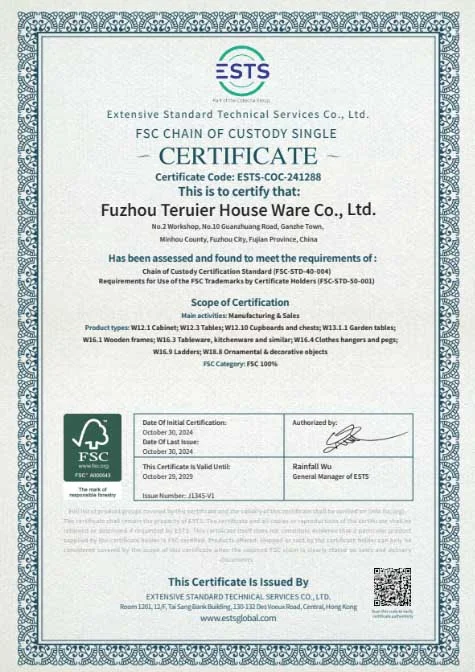
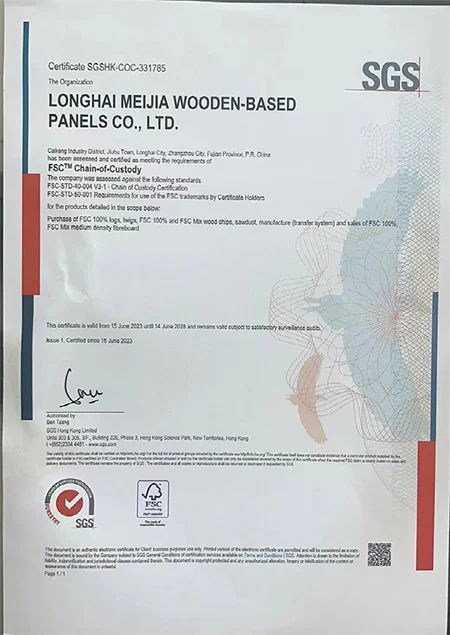
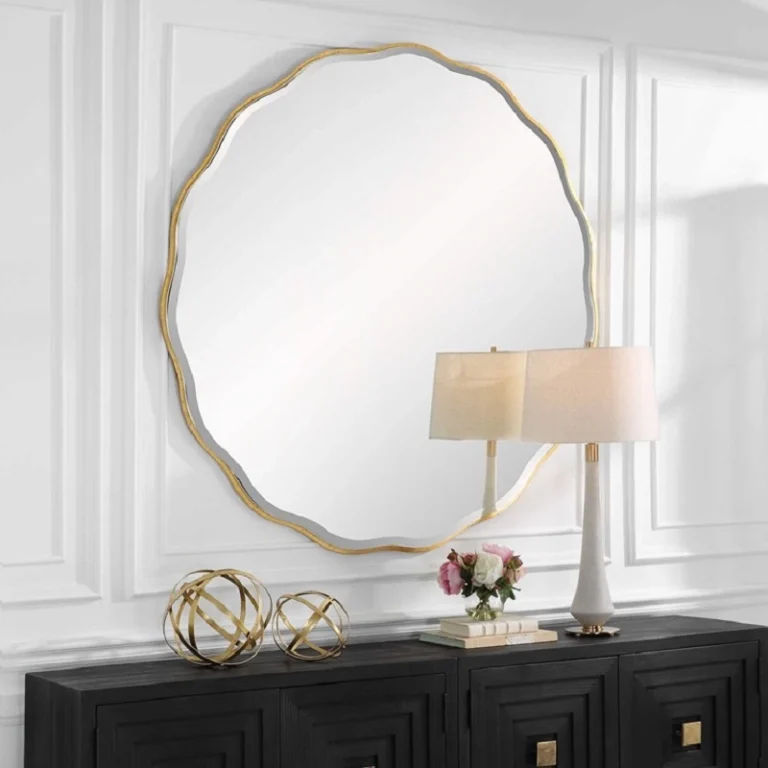
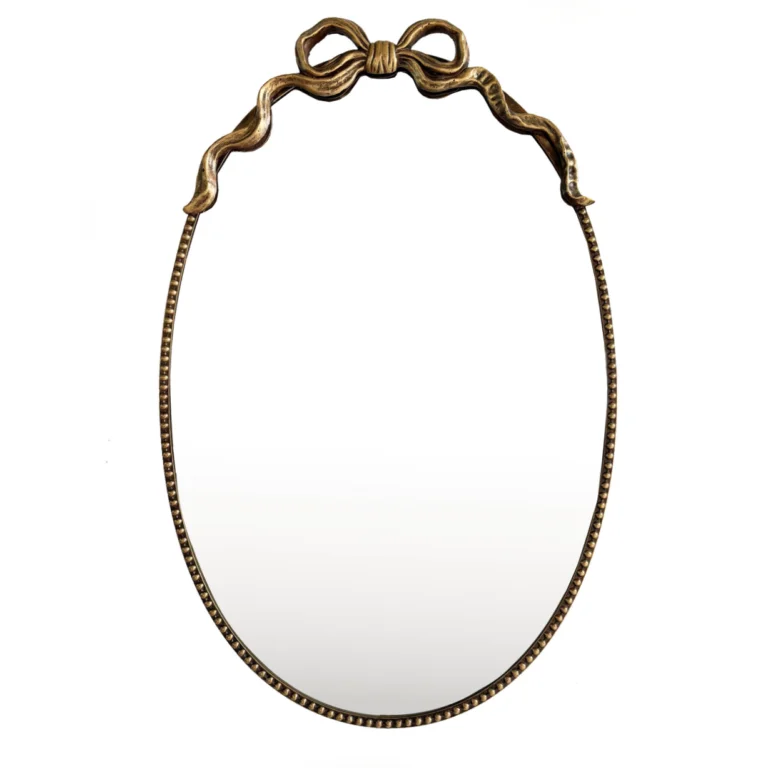
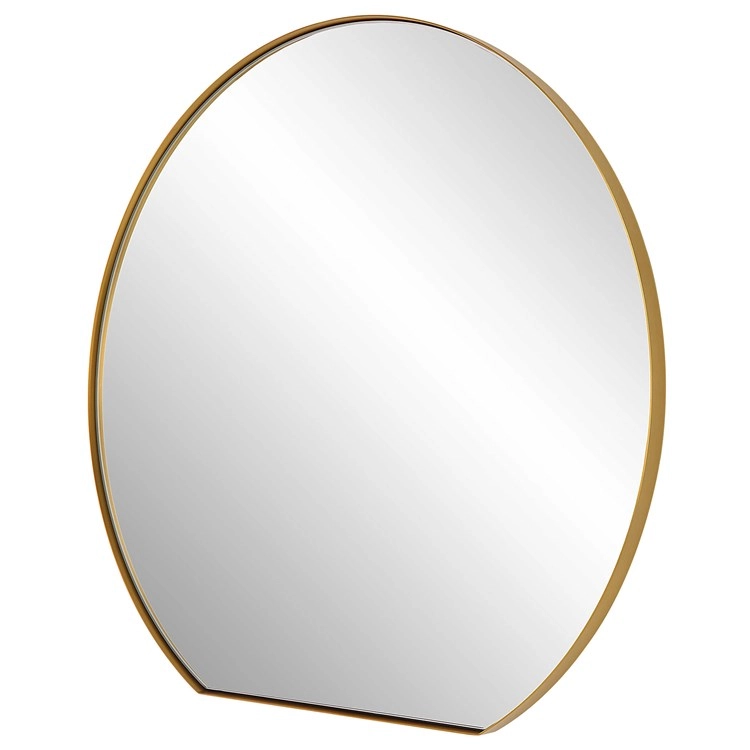
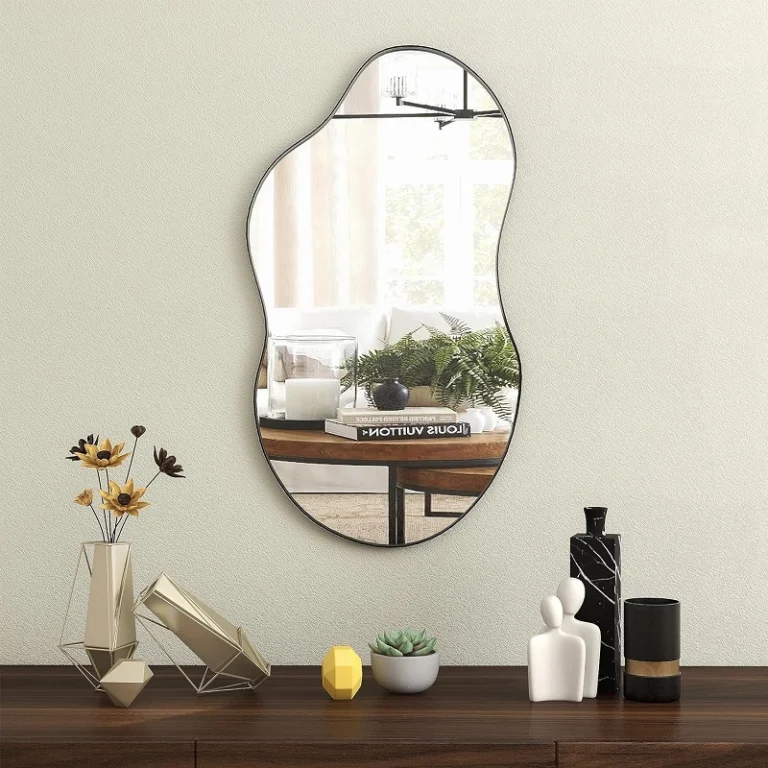
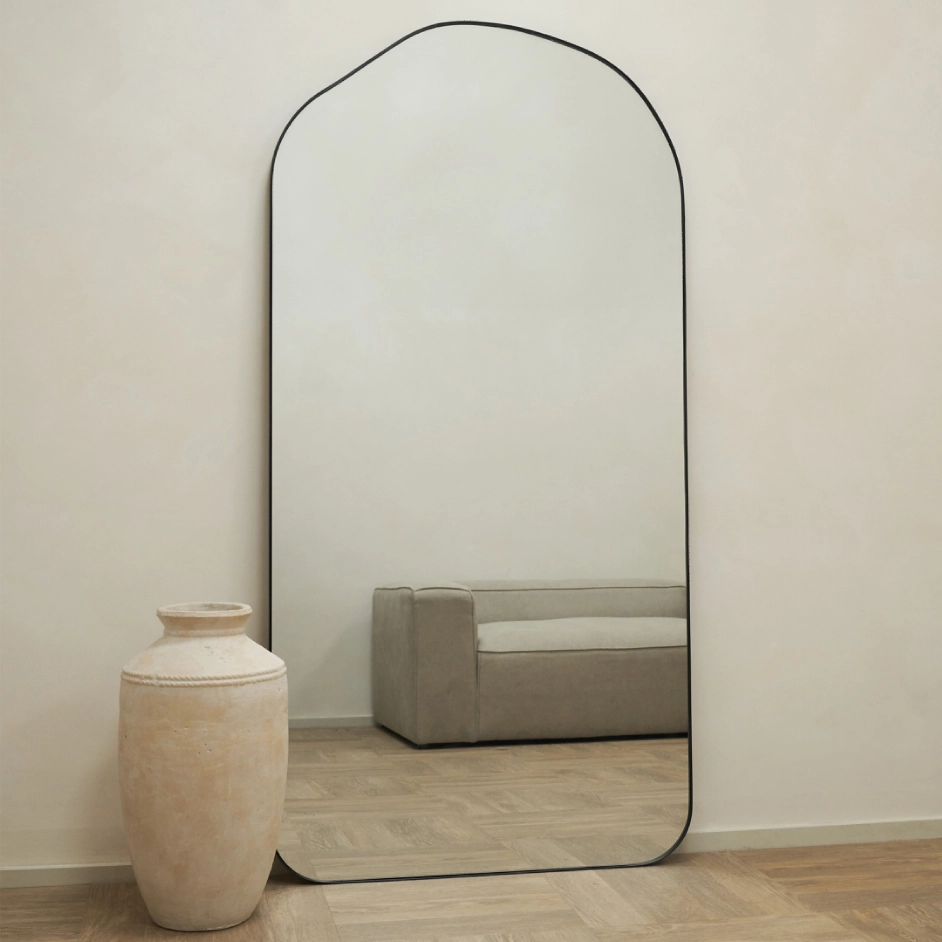
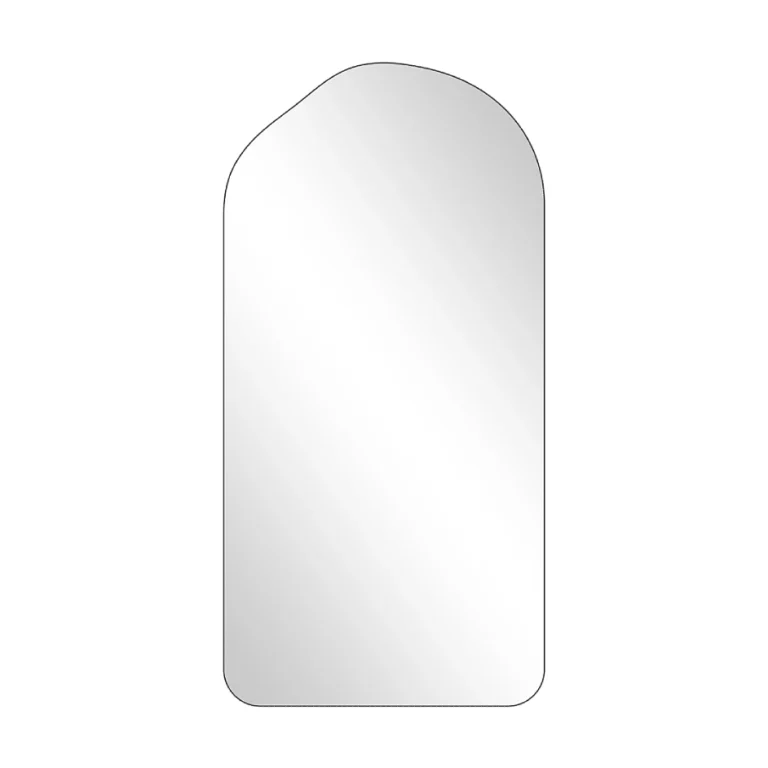
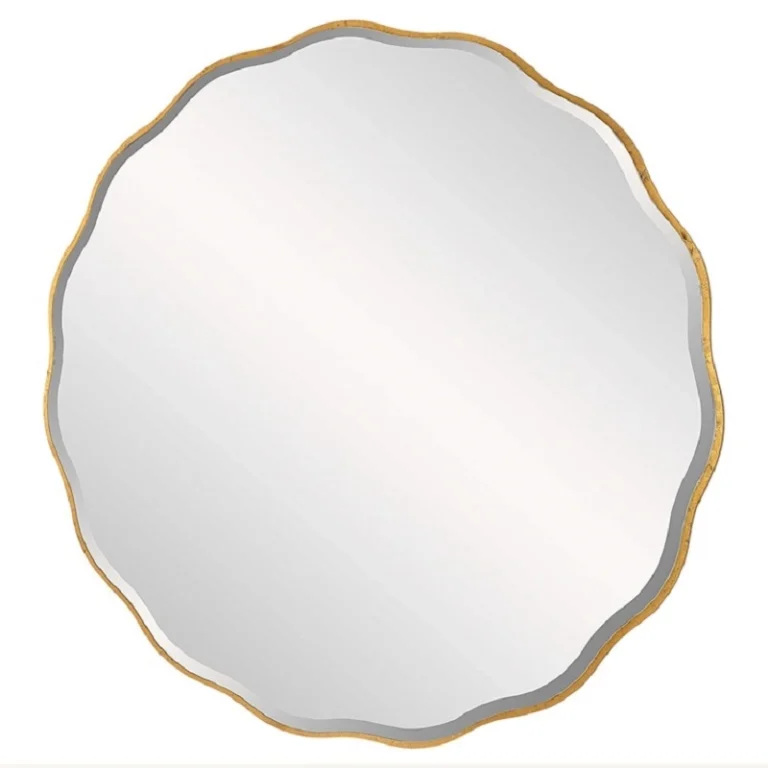
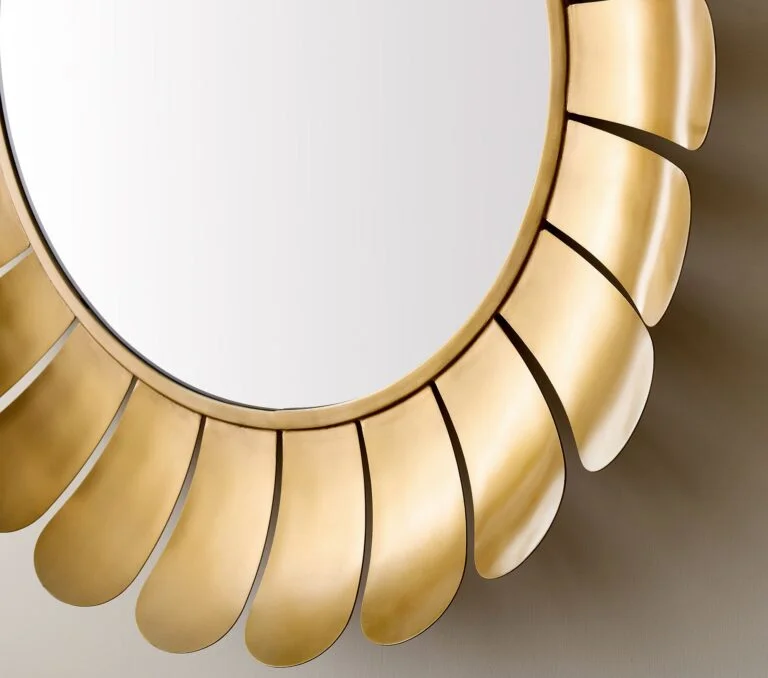
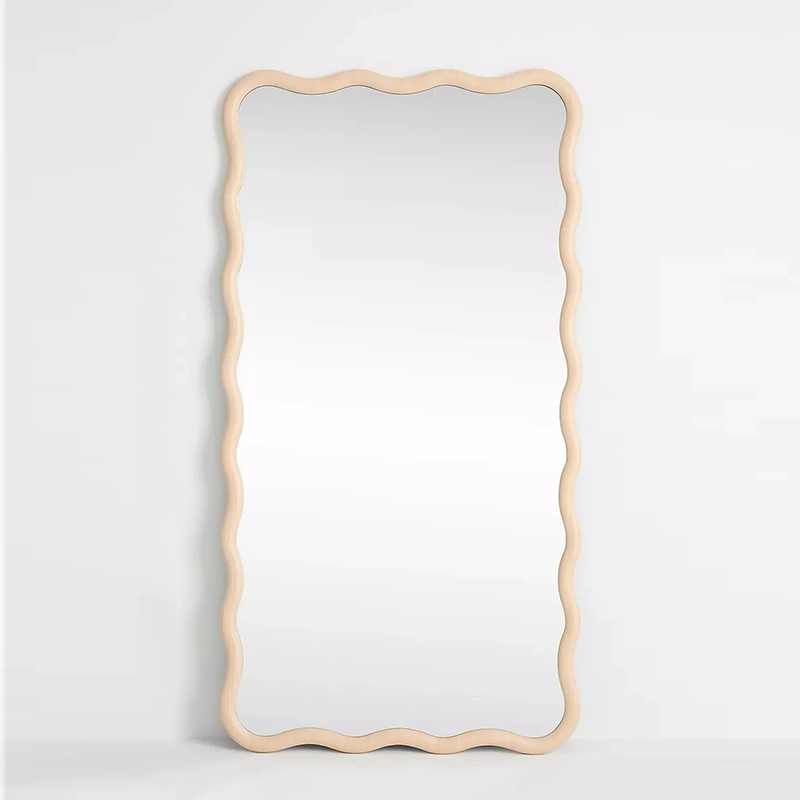

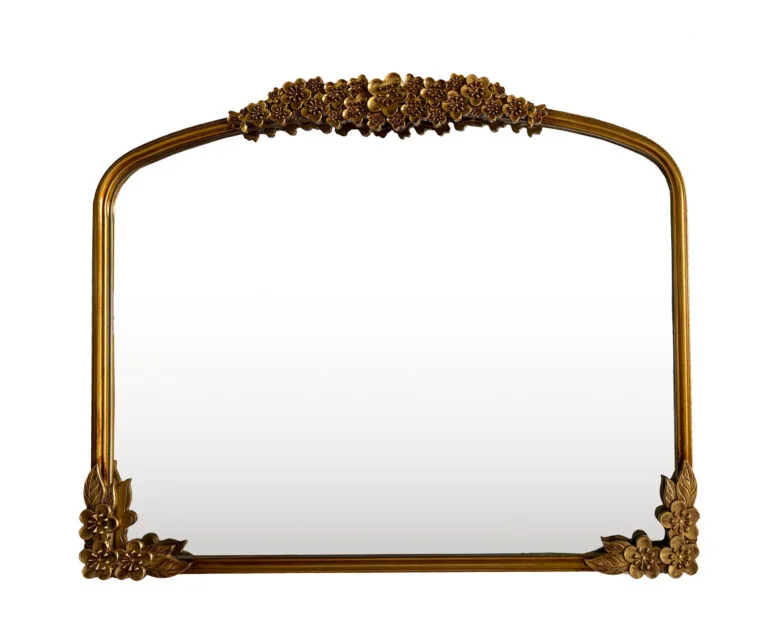
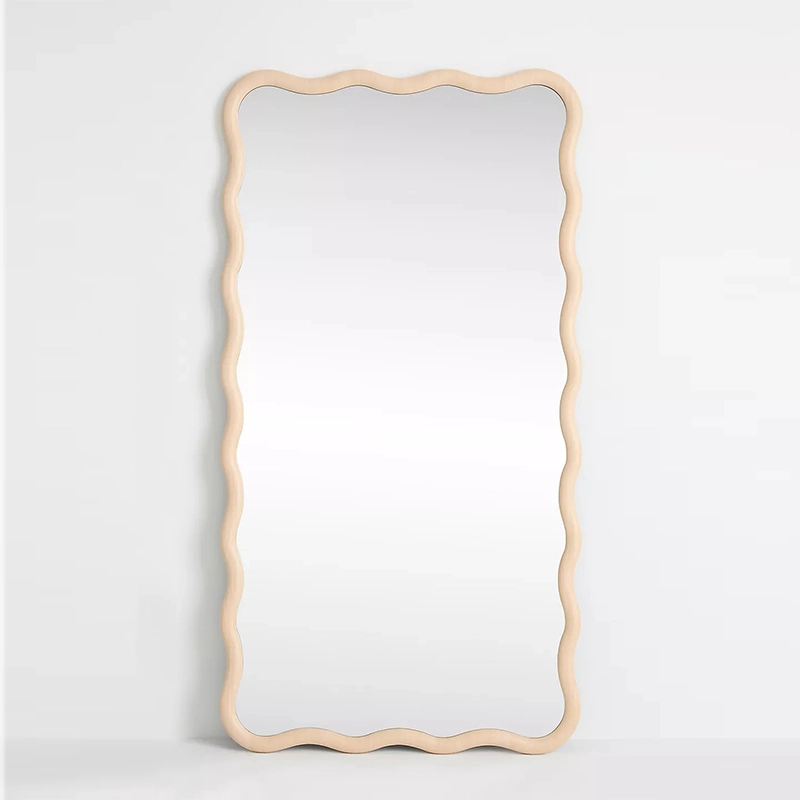
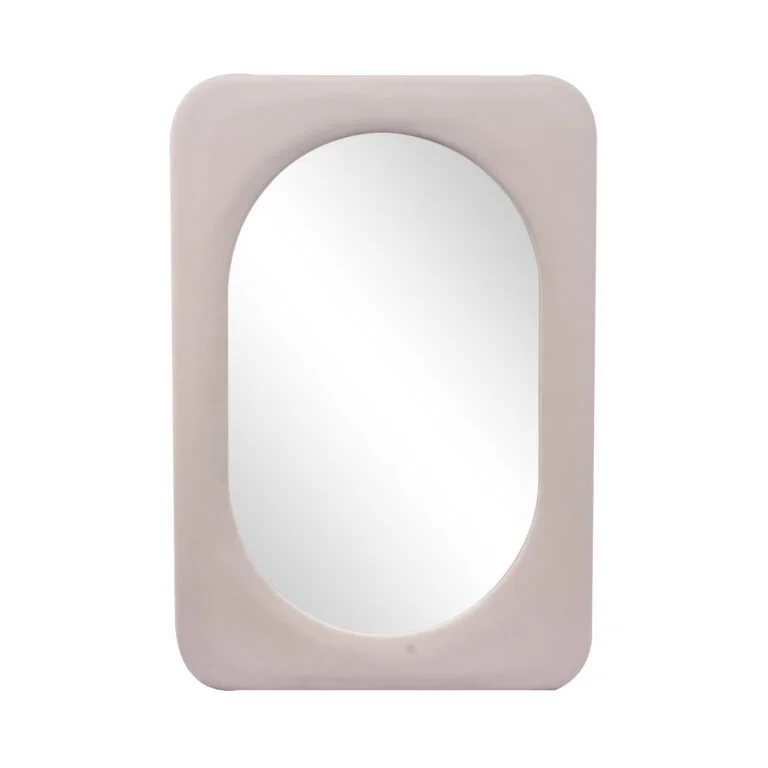
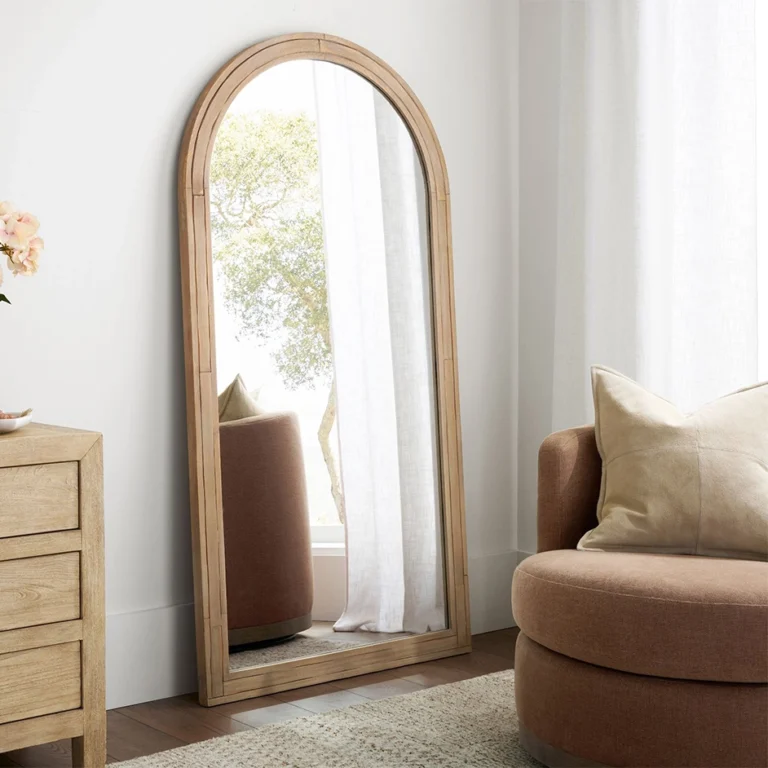
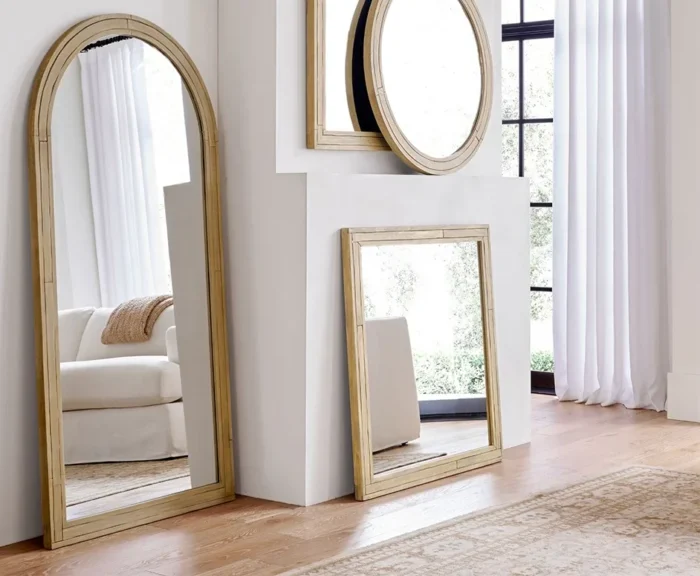
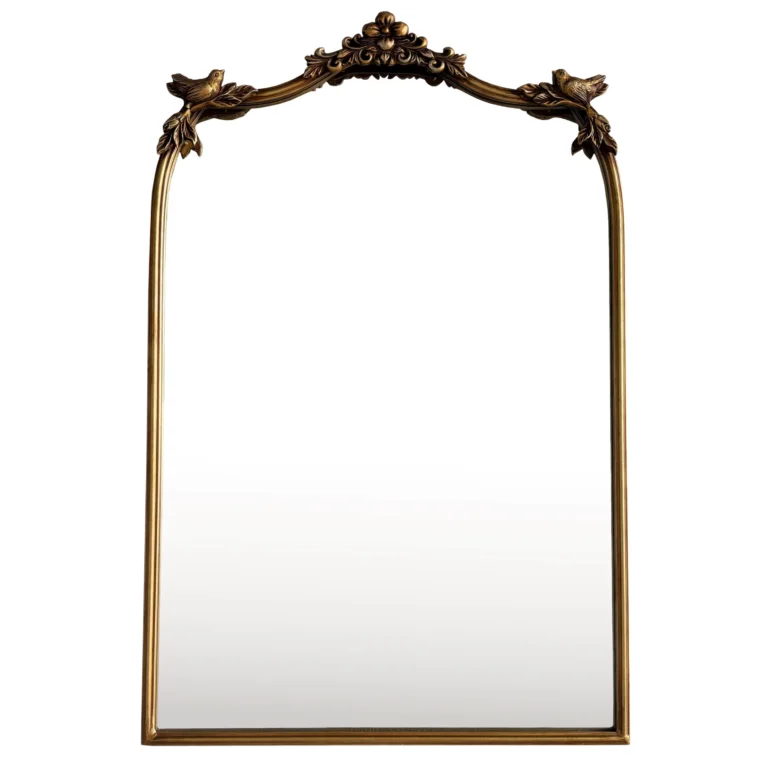
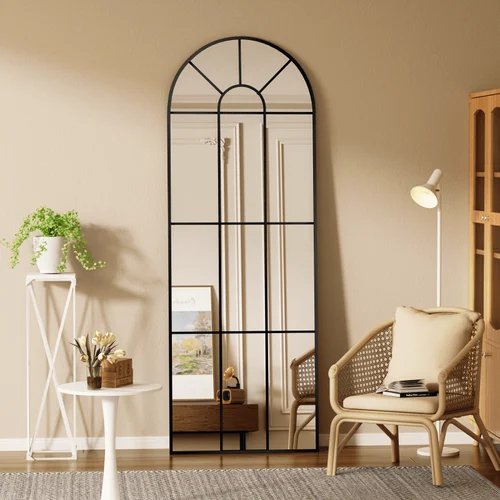
Leave a Reply